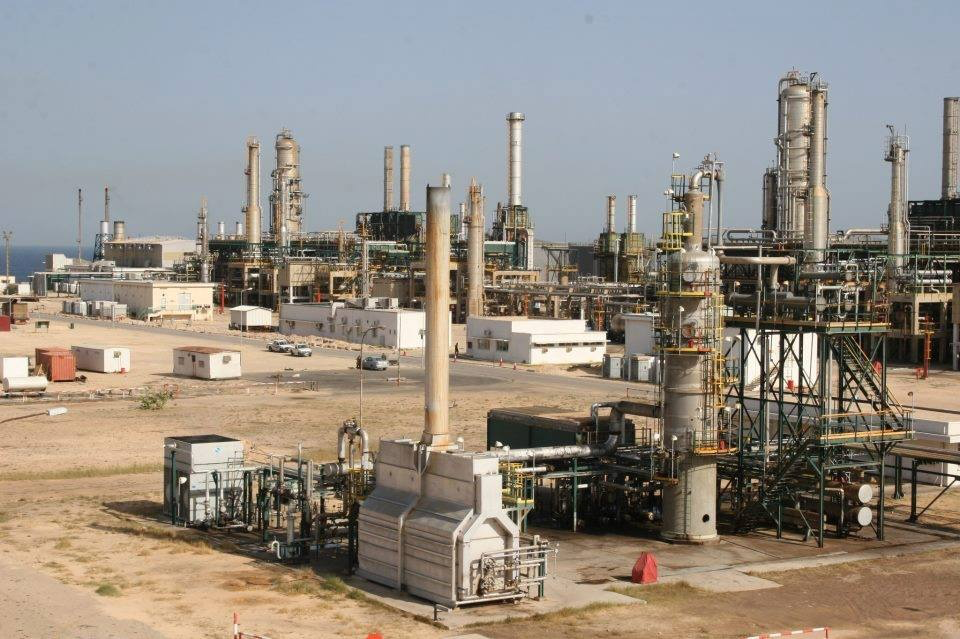Libya’s internationally recognized government has accused its political rivals of “political blackmail” following a significant reduction in output at the country’s largest oil field. The drop in production at the Sharara oil field, a key asset in Libya’s oil industry, has caused widespread concern.
The Sharara field’s output has decreased by at least 50,000 barrels per day, reducing the total daily production to 210,000 barrels. This decision came after employees received instructions to cut the field’s output on Saturday night. Sources familiar with the situation, who requested anonymity due to the sensitive nature of the information, confirmed these details.
Libya is divided between two competing administrations: one based in the western capital of Tripoli, and a rival government operating from the east. The exact reasons behind the decision to reduce Sharara’s output remain unclear, and it is uncertain whether further cuts will follow.
Despite holding Africa’s largest oil reserves, Libya’s oil production has been frequently disrupted by armed groups and protesters. These groups often shut down oil facilities to advance their political agendas. In a statement issued on Sunday, the Tripoli-based government condemned the attempts to shut down the Sharara oil field, calling it an act of extortion. The government pledged to protect Libya’s citizens and defend the Sharara field, which it described as a critical economic resource.
The Sharara oil field is operated by a consortium that includes Libya’s state oil company, the National Oil Corp. (NOC), alongside international partners such as France’s Total SE, Spain’s Repsol SA, Austria’s OMV AG, and Norway’s Equinor ASA. Control of Libya’s east and much of the south, including the area surrounding the Sharara field, lies with the Libyan National Army (LNA), led by General Khalifa Haftar.
Libya’s oil production has been volatile since the 2011 civil war, which resulted in the death of longtime leader Moammar Al Qaddafi. Before the war, production peaked at nearly 1.8 million barrels per day in 2008. However, the civil war caused a dramatic decline in output, plummeting to about 100,000 barrels per day. Recently, production has stabilized at around 1.2 million barrels per day.
The recent cut in production at the Sharara field highlights the ongoing instability in Libya’s oil sector. The country’s vast oil reserves hold the potential for substantial economic benefits, yet political conflicts and security issues continue to hinder consistent production and growth.



